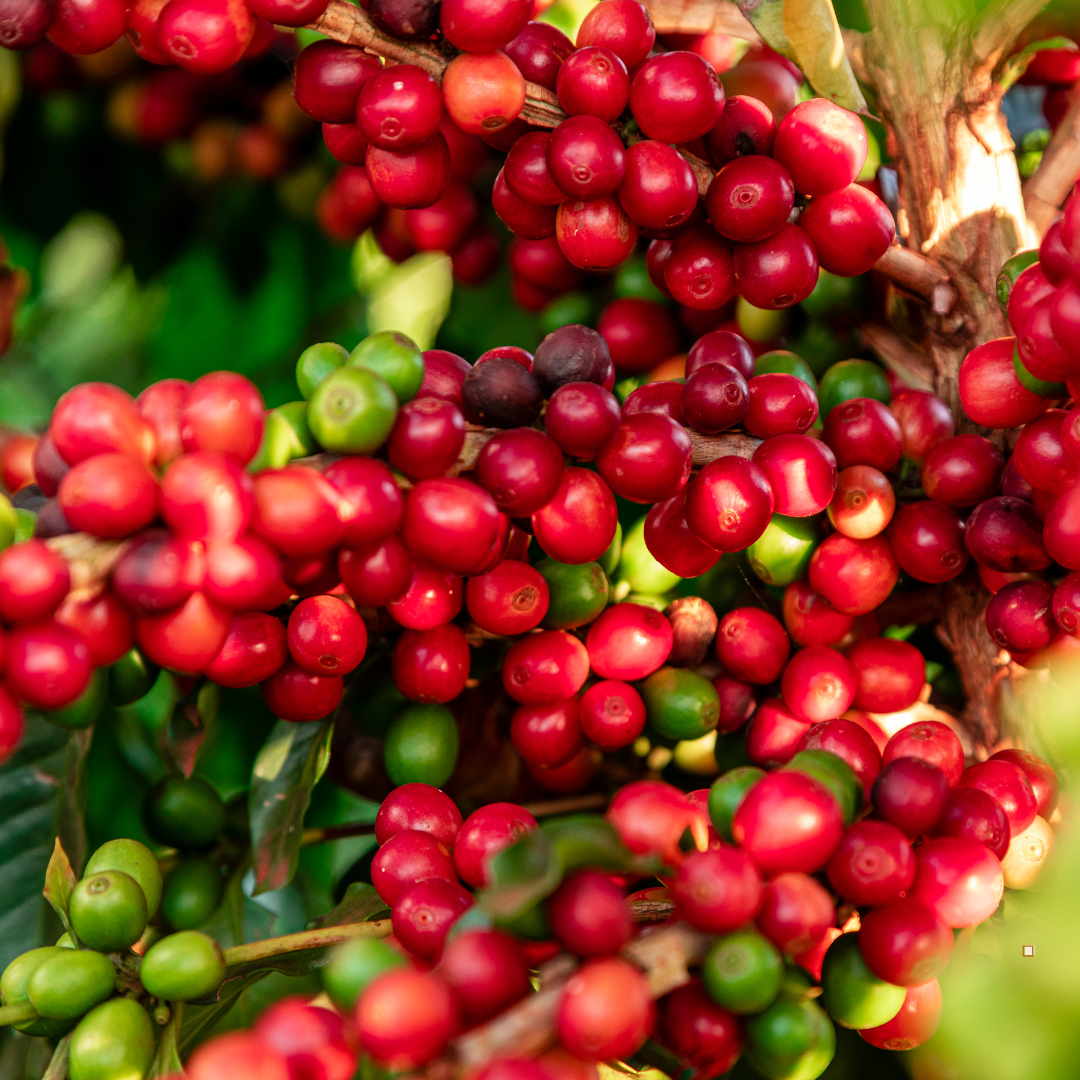
Honey-Processed Brazilian Santos Coffee Beans: Exploring a Sweeter Side
When it comes to smooth, inviting flavors, Brazilian Santos coffee beans have long been a favorite among home brewers looking for a dependable and mellow cup. But have you ever wondered what happens when these already delightful beans undergo the honey process? This unique approach can transform an otherwise familiar coffee from Santos into a sweet, fruity, and more nuanced brew—one that’s sure to captivate those looking for a new twist on their morning routine. Read on to discover how honey processing elevates coffee from Brazil and why you might want to give it a try at home.
Discover the Rich History of Santos Coffee
Brazilian Santos coffee beans trace their origins to the port city of Santos in São Paulo, a historic hub that has been shipping Brazilian coffee worldwide for centuries. Grown in low-altitude regions with nutrient-rich soils and reliable rainfall, these beans typically showcase mild acidity and a relaxed chocolate-nutty profile. Known for their balanced sweetness and easygoing flavors, Santos coffees tend to be crowd-pleasers—smooth enough for casual drinkers yet complex enough for aficionados seeking subtlety.
Over time, Brazilian coffee producers have experimented with various processing techniques to enhance or highlight certain flavor characteristics. The honey process, in particular, is gaining traction for the way it adds fruit-forward sweetness and a denser body to beans that might otherwise lean toward a straightforward, albeit still delicious, cup. By adopting the honey method, farmers and roasters alike can play with sugar levels in the bean’s outer fruit layer, leading to increased complexity in the final brew.
Why the Honey Process Shines
Brazilian Santos coffee beans are traditionally processed using either a washed or natural method, both of which can yield pleasing and reliable cups. However, the honey process (sometimes called pulped natural) offers a middle ground between these two extremes. During honey processing, the coffee cherries are pulped to remove most of the skin and some fruit, but not all. The beans are then left to dry with a portion of the fruit mucilage still clinging to them. This sticky coating—resembling honey—allows the sugars to permeate the bean, enhancing overall sweetness and often introducing delicate fruit notes.
Home brewers who explore honey-processed Santos beans may detect tasting notes reminiscent of berries, caramel, or even a touch of floral aroma. The process also frequently leads to a fuller mouthfeel, providing an indulgent texture that some liken to a milk chocolate or syrupy sensation. Because these beans maintain their characteristic softness while layering on new dimensions of sweetness, they can be an excellent choice for those seeking variety in their daily brew or looking to add a bit of excitement to a beloved coffee routine.
Embracing a Sweeter Side of Santos
Brazilian Santos coffee beans carry enough natural sugars to thrive under honey processing—especially if they’re harvested at optimal ripeness. While unripe cherries could result in a flatter profile, ripe ones capitalize on the sticky mucilage to accentuate a more nuanced cup. Producers often label their honey-processed coffees according to the degree of mucilage left on the bean (e.g., yellow honey, red honey, or black honey), signaling varying sugar intensities in the final product.
At home, you can try different roast levels to amplify or mellow these sweet characteristics. A medium roast might highlight fruity brightness, while pushing it slightly darker can accentuate rich, caramelized flavors. Regardless, it’s vital to remember that each batch can yield distinct flavor experiences based on how the coffee was processed, dried, and handled afterward. By experimenting with water temperature, grind size, and brew method, you can uncover layers of taste that shift from fresh fruit to toffee and beyond.
Best Brewing Techniques for Honey-Processed Beans
Whether you’re a pour-over devotee, a French press fan, or an espresso purist, honey-processed coffee from Santos can adapt to a range of home brewing setups. Here are a few suggestions:
- Pour-Over (Chemex or V60): This method draws out the coffee’s clarity while showcasing fruitier notes. Use a medium-fine grind and maintain a steady, gentle pour for balanced extraction.
- French Press: The immersion style heightens the beans’ body, amplifying caramel undertones and delivering a heavier mouthfeel. A coarse grind and four-minute steep are a solid starting point.
- Espresso Machine: A fine grind and short extraction can highlight the coffee’s sweetness in a concentrated form. Honey-processed beans often yield a syrupy shot with a smooth crema—perfect for latte art.
- Cold Brew: For those who love refreshing, low-acid coffee, letting these beans steep in cold water for 12–24 hours can bring out subtle fruity edges and minimize any harshness.
Keep in mind that honey-processed coffee is typically more sensitive to roast level and storage conditions. Freshness is key: purchase your beans in smaller quantities if you’re not a heavy coffee drinker, and store them in an airtight container, away from heat and moisture.
How to Recognize Quality
When you’re browsing for honey-processed coffee from Santos, look for reputable roasters who can provide information about their sourcing and roasting practices. High-quality beans should have a roast date listed on the package, and any tasting notes or processing details can guide you in understanding what to expect in the cup. If possible, check the color and general appearance of the beans—some residue from the honey-like mucilage may still be visible, reflecting a less mechanical approach to bean preparation.
Likewise, trust your taste buds. If the coffee tastes exceptionally bright, fruity, and sweet, you’ve likely found a well-executed honey-processed batch. While the beans may not be as common as washed or natural coffees, they offer an exciting alternative for those who relish exploring the broad spectrum of coffee profiles.
Enjoying Honey-Processed Brazilian Santos Coffee Beans with Frontier Coffee Roasters
At Frontier Coffee Roasters, we take pride in delivering small-batch roasted, premium-quality beans—including our signature honey-processed coffees from Santos—directly to your doorstep. Our fast delivery ensures you always have fresh beans ready for home brewing, and our commitment to sourcing from trusted importers upholds both ethical practices and exceptional taste.
No matter your preferred brew method or roast level, Brazilian Santos Coffee Beans treated with the honey process offer a refreshingly sweet and complex twist on this classic South American coffee. For more insights and offerings, visit our Frontier Roasters Coffee Hub or explore the dedicated Brazilian Santos Coffee Beans Hub.

